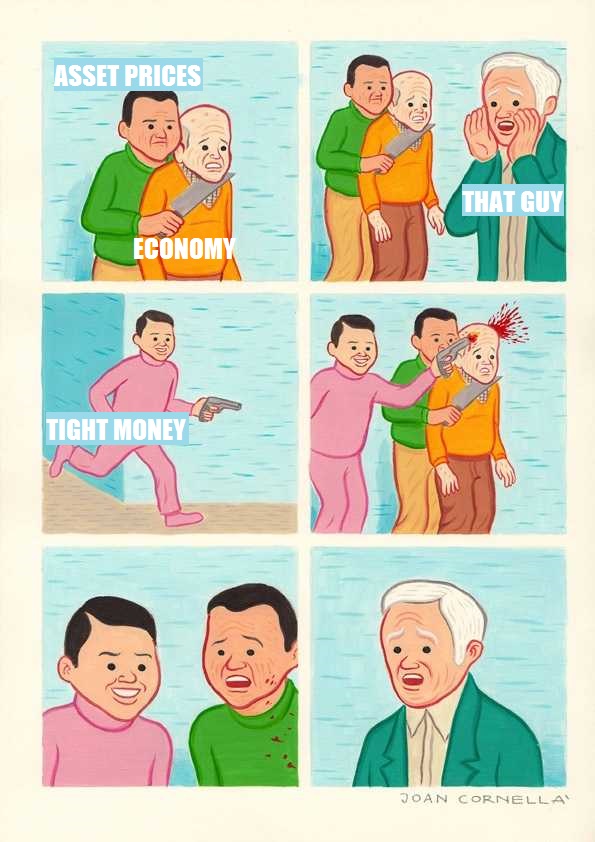The coronavirus pandemic once again demonstrates that a lot of prominent economic commentors are dangerous. Their recommendations will amplify the economic shock caused by the virus.
People who claim that
- the coronavirus is not the job of central banks
- this is mainly a supply chain issue
- we have to beware of the long term consequences of doing fiscal/monetary stimulus now
- we should continue business as usual
are spreading falsehoods.

Here is a selection of people who do grasp the importance of acting now in order to prevent an economic meltdown later.
Scott Sumner and David Beckworth: How central banks should respond to the coronavirus threat (podcast)
John Cochrane: Corona virus monetary policy
Skanda Amarnath:
